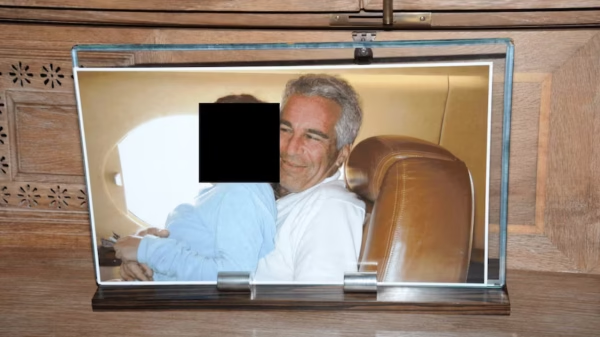Indonesia has unexpectedly awarded former President Suharto—the authoritarian leader who ruled for more than three decades—the title of “national hero,” a move that has provoked strong condemnation from rights activists and sparked fears of rewriting the country’s past.
Legacy of Power and Controversy
The ceremony saw President Prabowo Subianto, Suharto’s ex-son-in-law, present the formal honour to Suharto’s children. The former leader governed Indonesia from the mid-1960s until his downfall in 1998 amid economic collapse and mass protests. During his tenure, his regime was marked by widespread corruption, censorship and allegations of grave human-rights abuses.
Despite criticism, the government’s culture ministry defended the award, citing Suharto’s early role in Indonesia’s independence struggle and military leadership.
Backlash from Civil Society
The decision has triggered outrage among human-rights organisations, former activists and families of victims. Demonstrators gathered in Jakarta, laying posters on the ground outside the culture ministry and carrying placards that warned against “whitewashing” historical atrocities.
One rights campaigner described the decision as “absurd,” emphasising that it ignored the demands of victims who continue to seek justice for past crimes.
Political Implications and Wider Debate
Observers view this elevation as a politically charged move that may signal an emerging shift in Indonesia’s reckoning with its past. With the military’s role in civilian affairs under greater scrutiny, critics argue that honouring a figure like Suharto could embolden authoritarian narratives and undermine transitional justice efforts.
For many analysts, the episode raises critical questions about collective memory, national myth-making and how contemporary politics engages with a controversial legacy.





































